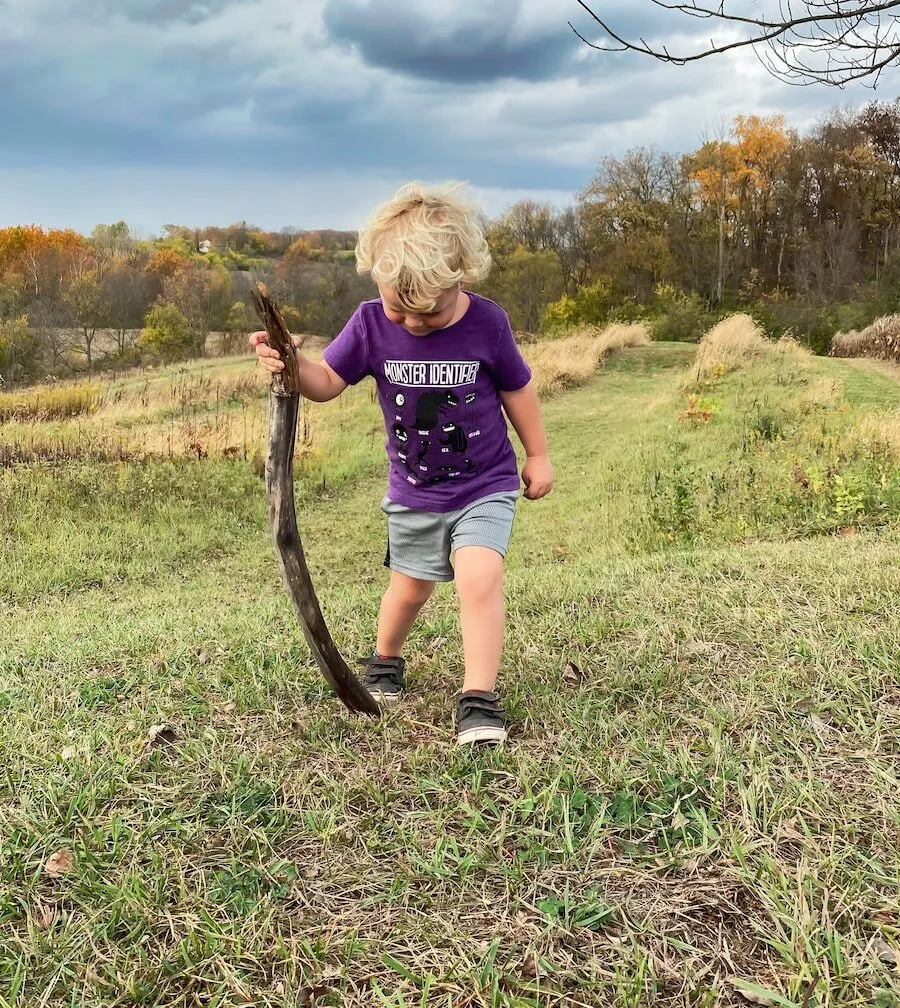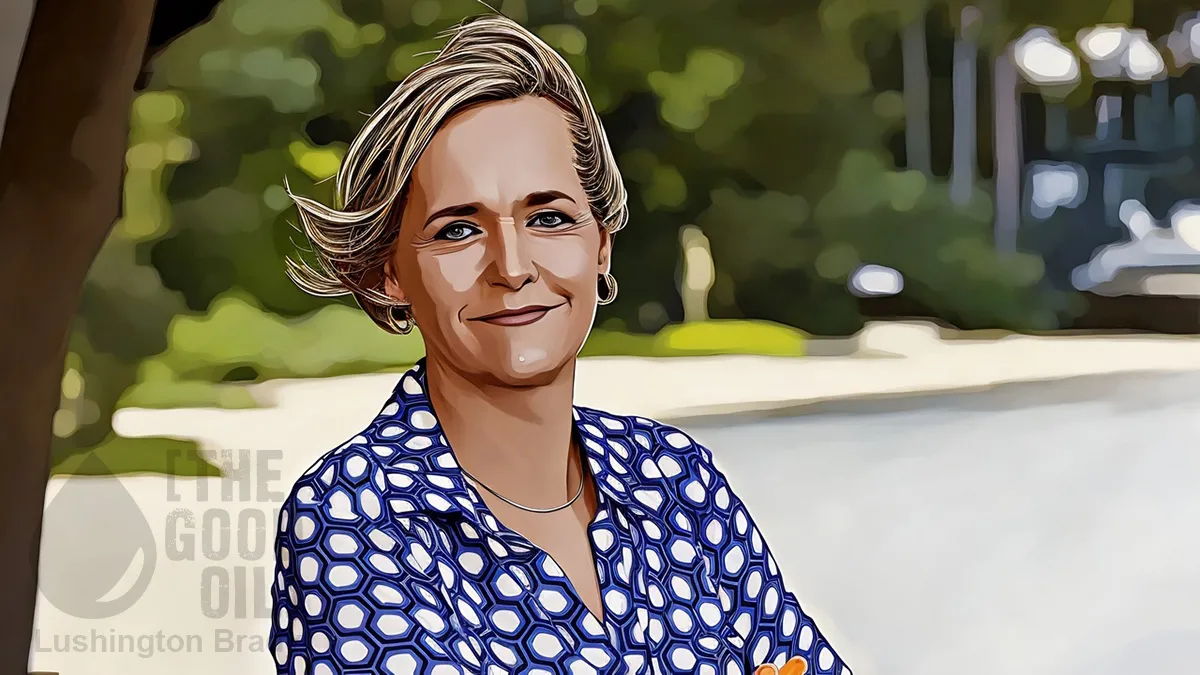Table of Contents
JM White
My father, who was a carpenter and never out of work from age 15 until he retired at age 65, drank to excess regularly, once or twice a week, and just as regularly had fits of alcohol-induced rage. Although I didn’t like my father, at least I knew who he was. And he was always there. The same man. Doing what I still refer to as ‘bloke’ stuff – when he was sober – digging the garden, fixing stuff around the house, building stuff, painting stuff, going to the tip with a trailer load of stuff, bringing a trailer load of stuff back, you know, bloke stuff.
I was never sent to a pre-school. My two sisters and I stayed at home until we went to school when we turned five. We played. We went up and down the streets with the neighbours’ children. We made mud pies and played dress ups out of a bag of old clothes my mother kept in the wash house. We walked on stilts my father made for us. We sang songs and skipped with a towrope and called each other names and fought. If anything went wrong we ran inside to tell Mum. She might do something about our problem, she might not, but at least we had somewhere safe to run, where we would cower and watch out the window, knowing full well that nobody would come in to get us or demand that we get out. Woe betide anyone who came in to my mother’s territory.
I was not given a disgusting miniature sex doll called a Barbie to play with when I was little. I didn’t like dolls. I wanted a red three-wheeler chain trike with hand brakes and a hand bell and a place at the back to put dirt and stuff, and a couple of little mongrel dogs I could swear at, like Howard Barnes down the road who was four – the same age as me.
I was never strapped into a pushchair, or a car seat, and immobilised on my back for hours on end. This type of inhumane treatment of small and energetic children is, I believe, cruel and unnatural and done under the guise of ‘keeping them safe’. Let someone do it to you. And be at their mercy until they decide to set you free. Worse still, buy a pushchair where the child must sit face into the wind instead of one where, while out walking, the child may sit and face his mother – the safe and the familiar.
As we got older we roamed further and were generally not missed unless we were not home by dark. I got my first bike when I was six. It was a full-sized bike. My father put blocks on the pedals so I could reach them. I rode it on the road for miles, without a safety helmet. By myself. At night we slept behind open windows and unlocked doors. We never worried. My father had the territorial instincts of a deranged badger. Most men in those days did. They had all been in uniform. They all lived on the qui vive.
During the polio epidemic we went to stay at Ohai. Down by the dry river bed there was a swing made out of a tow rope, with a huge knot to sit on. It was perfect. A child could sit on it, push off and swing down and up to the other bank without coming near to hitting anything, yet always only about three feet off the ground. Nobody could hurt themselves falling because we were never far enough off the ground to do so. We must have swung through an arc of at least 20 metres. It was totally exhilarating. I have often wondered who was the man who secured that tow rope high up in the old macrocarpa, measured out the distance of arc and made the knot.
Children weren’t vaccinated in those days but nobody at my school died of polio. I don’t remember ever hearing about children with cancer. If a child had measles, mumps or chicken pox, all the children in the neighbourhood were sent in to play with her, except the boys if it was mumps. The prevailing philosophy was to get the childhood diseases over and done with. They were never considered serious then and, for some reason, they weren’t.
We did not have to eat at the times designated by a pre-school routine. My mother, who hated housework and who was an indifferent cook, made one meal a day, at 6pm. The rest of the time we pretty much ate on the hoof, whatever we could lay our hands on. As a treat, we might have fish and chips on a Friday night. My father got a crate of 12 small bottles of fizzy drink once a year at Christmas time. We girls played tennis, netball, badminton and were always in the pentathlon at school sports. We listened to the radio. We read books. I was a member of the Juvenile Library when I was seven and I went there two or three times a week, by myself, to change books.
My mother was always at home. She may have been overweight, she may never have worn makeup, she may not have cared if she was in the latest fashion or not, but we children never had to be ashamed of her for being out at night clubs, tarted up, swearing and boozing with sleazy rejects. Now, it seems, that sort of behaviour is acceptable as long as you don’t smoke!
Looking back it seems a rough sort of life but now I realise how it is better to be scruffy and poor and have my mother put up with my father’s drunkenness and violence, than I would have her flee the marriage then begin to bring strange men into the house and let them ‘bond’ with us – as far too many women do to their poor children today. My mother, who had five brothers, had no illusions about men. She, like Freud, Jung and H G Wells, believed that male sexuality was at the bottom of all the problems in the world. From what I see going on today, she was decades ahead of her time.
I don’t blame the women of today for their bad decisions. From childhood they are subjected 24 hours a day to tom-tom music with filthy lyrics not fit to be broadcast over the airwaves, to advertising constructed by men and women with doctorates in how to manipulate human behaviour, to fashionistas, to foodistas and to television programmes starring men and women who have the morals of alley cats – and women are led to believe this is normal behaviour. They grow up knowing nothing else. First there is the Barbie doll, then all else follows.
I never thought I would say this, but the rough old 1950s New Zealand had something it doesn’t have today.
I wish I could go back and warn them.









